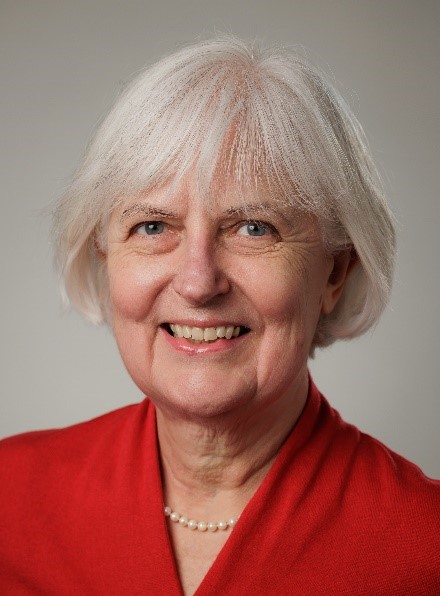Title: From Semiconducting to Mixed-Conduction Polymers: opportunities in flexible electronics and energy storage
Polymer-based semiconductors have received significant attention in recent years because they offer opportunities for low-cost device fabrication for applications ranging from energy to health care and security. Underlying the successful design, development and implementation of emerging polymer chemistries is identification of a set of ‘design rules’ derived from fundamental structure-property relationships, coupled with the development of process-structure-property relationships that govern molecular organization; whereby device performance depends critically on surfaces, interfaces and active material assembly/alignment at many length scales. This presentation will explore the relationships between molecular structure and solution processing protocols that provide for the development of key process-structure-property relationships for conjugated polymers that ultimately support electronic and/or electronic/ionic conduction. Included will be a discussion of the role of surface chemistry considerations, coupled with interfacial physicochemical interactions, that will enable the realization of robust and reproducible semiconducting solutions for new, advanced polymer materials technologies for applications ranging from devices to energy storage.


